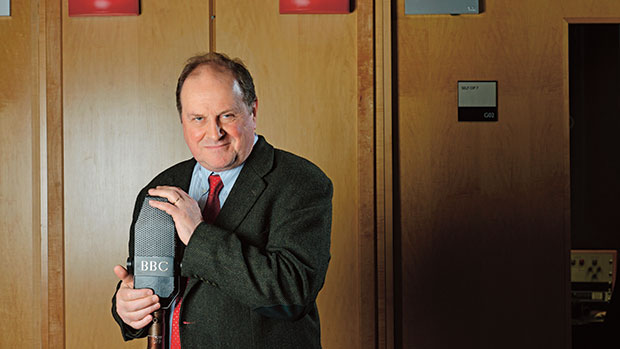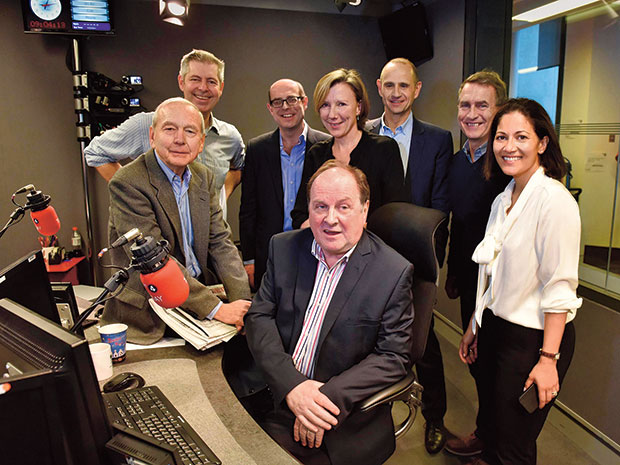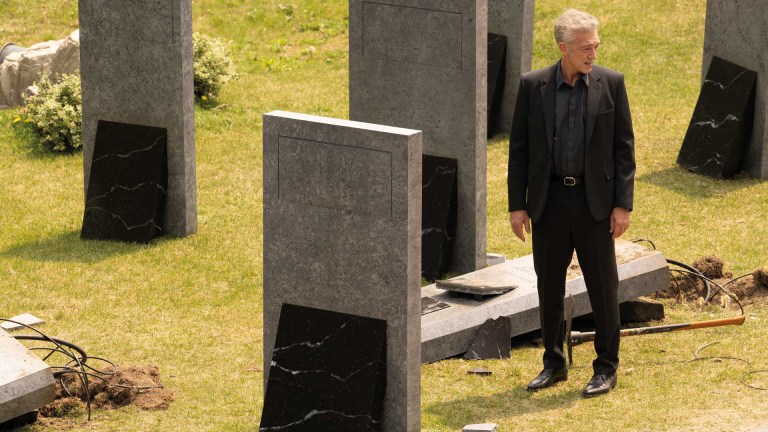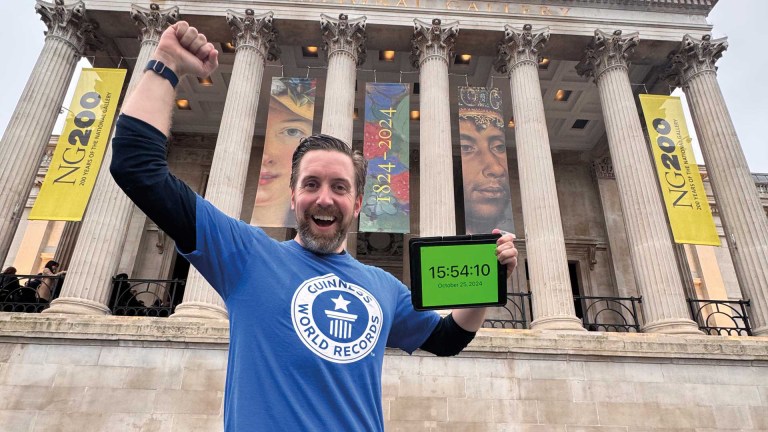As a 16-year-old, I was embarrassingly normal. People talk about the 1960s as being this ferment. And I think it was and I absorbed a lot of it. But, as someone once said, if it was a party, I wasn’t invited. I was just slightly too young.
I grew up terribly happily in a small village by the River Deveron in Banffshire. Everybody was a friend, we played by the river in the evening. There was a freedom and innocence that was terribly precious. I grew up in a wonderful patch of countryside with sounds and smells and vistas that still mean a lot to me, and I had wonderful parents. I was remarkably untroubled, in that respect.
I was the classic ’60s child. When The Beatles released Please Please Me, I was 12. It could not have been better timed. The Beatles were supposed to perform at a dance on New Year’s Eve 1962, in Keith, which is where I went to school. The advert in the local paper said, ‘It’s the Love Me Do boys’. They were flying in from Hamburg but the snow meant they couldn’t land. Three days later they performed in the Two Red Shoes ballroom in Elgin but my parents wouldn’t let me go because it was regarded as a den of iniquity. In subsequent years, I discovered this was entirely true.
My parents were classic products of their generation in that they were the first people in their families to go to university. They were headteachers, my aunts and uncles were teachers or ministers – it was very Scottish. I have a great deal of gratitude for the way that, throughout my childhood, education was seen as important. Not in a pompous way, as a means to make a lot of money, but the idea you had a duty to do what you can, exploit your talents.
I remember hearing the presses roll on my first day… It was like watching the Flying Scotsman pull into a station.
I stood in the school election in successive years – first as a Conservative candidate, second as a Peace candidate under the slogan Make Love Not War. I remember my history teacher telling me that he couldn’t think of anyone more likely to start a war than me! That was in 1968. I hate to admit it but I did sort of enjoy the sound of my own voice.
At the obligatory careers’ service interview they said I should be a hospital administrator. But anyone who knew me would know I couldn’t administrate the proverbial piss-up in a brewery. I said I wanted to be a journalist and they laughed. “Everyone wants to do that but it will never happen.”











